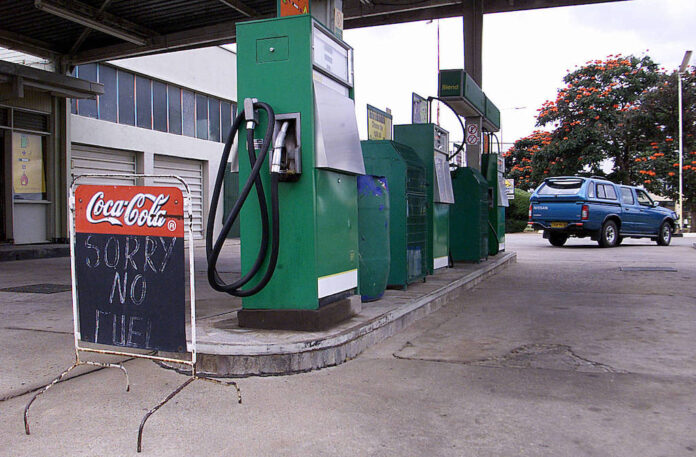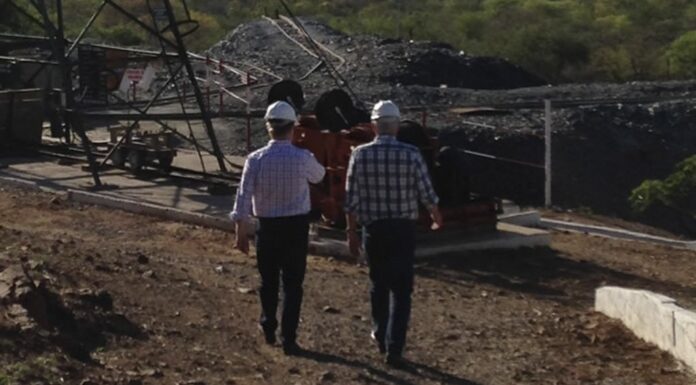Sydney Kawadza
Government efforts to control fuel distribution through tracking is set to move into motion through the introduction of the National Fuel Management System, a Cabinet minister has said.
The National Fuel Management System, according to Information, Publicity and Broadcasting Services Minister Monica Mutsvangwa, was developed by the Harare Institute of Technology with support from the Zimbabwe Energy Regulatory Authority.
Minister Mutsvangwa told journalists during a post-Cabinet media briefing Tuesday evening that development of the fuel management system followed rampant malpractices in the fuel sector affecting the economy.
Cabinet had earlier resolved that a technology-based fuel management system, which provides real-time fuel tracking capability, should be developed and implemented throughout the country.
“The objectives of the system are as follows; to improve the quality of fuel service delivery; to reduce the amount of foreign currency required to import fuel; to reduce pilferage of fuel purchased using local currency and selling it on the US$-denominated market,” she said.
Minister Mutsvangwa said the system also seeks to establish the actual national fuel requirements per province and regulate fuel importations which use foreign currency obtained from the foreign currency auction market.
“Government is pleased to inform the public that this pilot phase of the National Fuel Management System has been completed, and the system has been proved to be robust and ready for full implementation.
“The system, which is set be rolled out soon across the fuel distribution value chain, including at retail outlets, will ensure judicious management of fuel resources in the country and provide real-time information for decision-making,” she said.
Officials from the Zimbabwe Revenue Authority recently busted a fuel transit fraud scam after intercepting three transit fuel trucks in Chirundu with the alleged fraudsters accused of smuggling fuel which was meant to be transported to Zambia while potentially prejudicing Zimbabwe of revenues through organized crime.
The three tankers that had declared fuel at Forbes Border Post en route to Zambia were intercepted at Chirundu One Stop Border Post all loaded with water instead of fuel as per the declarations made at Forbes Border Post.
The tankers had, respectively, declared 44 924 litres of diesel, 39 932 litres of diesel and 45 800 litres of petrol destined for Zambia.
Physical inspections turned out that the tankers were carrying water.
It also emerged that there was possible connivance between transporters and drivers as well as unscrupulous agents where the transit fuel does not exit Zimbabwe and is consumed locally against customs regulations.
The smugglers off-load and sell the fuel in Zimbabwe and load the trucks with water and proceed to border controls for the acquittal process.
Transit shipment of fuel occurs when transporters ship fuel from outside Zimbabwe, which passes through the country destined for another country. Since this fuel is not for local consumption, no duty is paid on importation.
The fuel trucks are sealed at the port of entry and the seals are removed at the exit point after the acquittal process.
Sealed fuel trucks that transit through Zimbabwe, are monitored by an Electronic Cargo Tracking System (ECTS) operated by ZIMRA’s Customs and Excise Division.
The trucks use dedicated routes and any departure from these routes attracts a fine of US$2 000.
Removal of seals is a serious offence, which also attracts a hefty fine.









